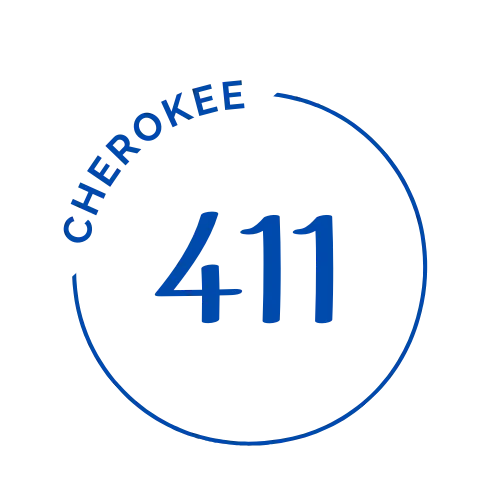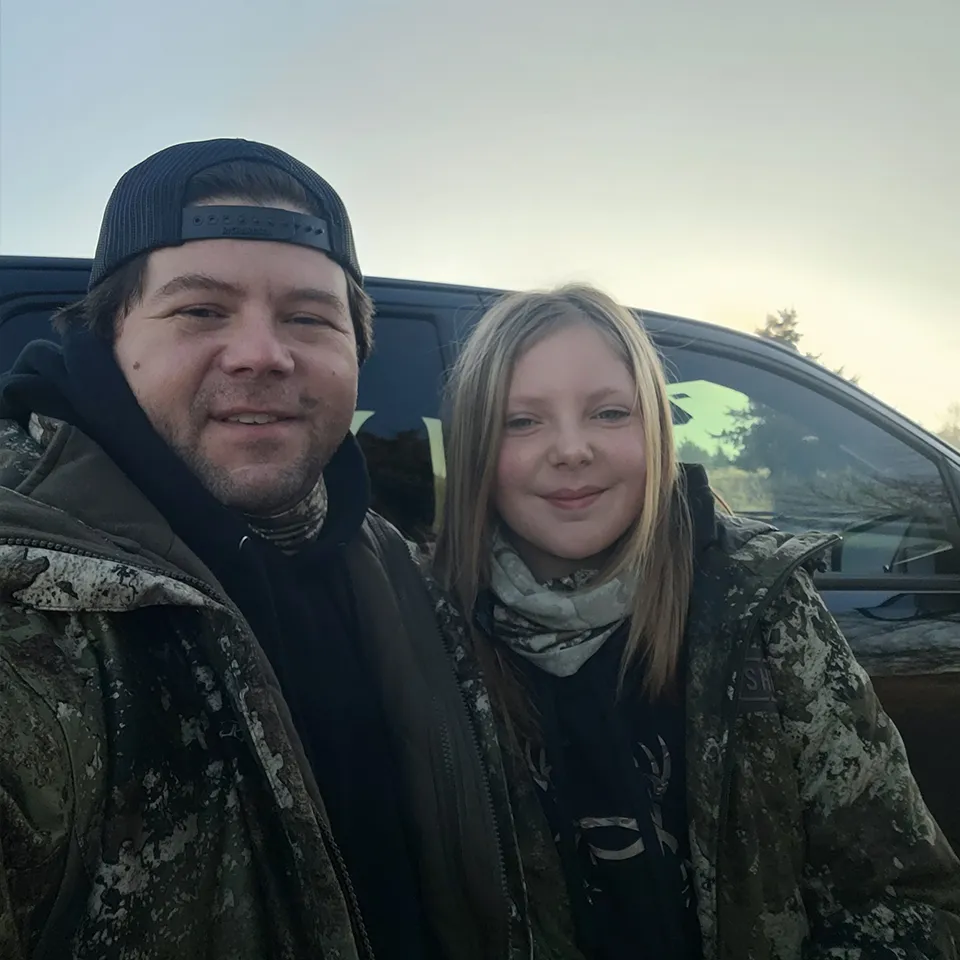
Independent Media: Real, Relevant, and Unfiltered
Cherokee Nation Candidates 2025

William Crowder
At-Large
Cherokee Nation Tribal Council
1. What or who inspired you to run for office?
I never wanted to be in politics. I have spent my time mostly working in civil service, but lately I have been keeping up with developments and have become concerned that the focus among many candidates is on the wrong things. Many candidates speak about the same issues, and I became concerned that potential problems that concern me are not the focus of many candidates and leaders. This compelled me to run.
2. What do you see as the biggest challenges facing your district right now?
The sovereignty of the nation is under threat. The current environment has illustrated that grants, which are critical to the nation, are not guaranteed anymore. Taking them for granted is going to be a critical mistake that would be very difficult to overcome. Revenue is the most important thing we have that can help us deliver critical services, which ultimately are the key to those services and hopeful expansion during my term for At-Large citizens. Reduced resources could impact the At-Large population to a greater degree than those near the capital and that would lead to an immense reduction in services which are already very thin.
3. What are the biggest challenges facing the Cherokee Nation right now?
Reductions in grant funding. Tribes rely on various streams of income, such as gaming, enterprise and grants. Not all tribes have access to all three like the CN does, making us better positioned. But, finding a way to create coalitions among other tribes is important to support institutions many tribes rely on. Haskell Indian Nations faced cuts which serves the Cherokee students among many others. These reductions will be felt nation wide and I want to prepare us to be able to work on effective solutions.
4. What solutions do you want implemented to address the challenges facing your district and the Cherokee Nation?
Healthcare is always a topic of discussion. Bringing care to At-Large citizens has always been challenging – which is why its nearly non-existent. Outside of long waits at HIS facilities, which are being dramatically cut as you are read this, there is nearly nothing available to CN citizens outside of NW Oklahoma.I think slowly bringing in services that are economical and easy to deliver is a good way to phase in more comprehensive care later, in an orderly, phased approach.The model of healthcare some tribes have may not be feasible overnight. In time we could deliver the most important service first for citizens then expand. I think everyone would like to know if there is at least a plan in place or even someone even thinking about it.
5. Can you work with others who do not share your views to help remedy the needs of your district and the Cherokee Nation? Please provide examples of past experiences where you worked with others who disagreed with you then or in the past and created a positive outcome.
My career in public service has been built on cooperation with others. When you work with teams across states and time zones and peers of different experiences and backgrounds, it becomes part of your process – adapting and being a cooperative person in difficult situations. A good temperament is so critical. However, I do think compromise comes more often to me and maybe a bit easier than most. If you ever worked cattle then you know every rancher has their way of doing things and every cow is unique. I have helped neighbors and friends move cattle and every time it’s a friendly compromise and always rewarding. Helping a friend and neighbor get the job done is really all that matters. That goes for office environments or council chambers, too.
6. What experiences do you feel you bring to the table that make you qualified for the Cherokee Nation Tribal Council?
I Have 17 years in public in the federal government. I have been recognized for my professionalism and integrity during my career, and I will bring that to the office I hope to serve in. I have worked in Indian Country and I am proud of the work I have accomplished on behalf of fellow Native Americans. I am excited to bring that experience to the At-Large Cherokee Communities across the country.
7. Why do you think voters should trust you?
Trust is always earned. I would caution everyone to consider all the candidates, contact us, get to know us and decide. No post on social media, or website or slogan should be compelling enough to give someone your trust. Make us earn it. Hold us accountable. No words can replace actions or reputation. I understand that’s a high bar to ask everyone to hold us to but I think it’s important. I shake hands and buy hay and sell cattle and have built a trust with my fellow ranchers and I am eager to earn that trust again in Indian Country.
8. How will you balance the legislative and executive branches of the Cherokee Nation?
The direction of the tribe was designed to be guided with the input of the council. The balance of the branches is based on an understanding of respect and cooperation. Open and honest debates is the best way to deliver legislation that benefits the citizens. Voting no can be tough and getting yes votes can be too. I will not say I am an expert but I can commit to you that I will do my best and represent you to the best of my ability.
9. What does balance between the branches of the Cherokee Nation government mean to you?
I would describe it as fairness maintained by separate responsibilities in the service of its citizens. The direction of the tribe was designed to be guided with the input of the council. The balance of the branches is based on an understanding of respect and cooperation. Open and honest debates are the best way to deliver legislation that benefits the citizens
10. Please provide examples of how you would want to improve transparency in the Cherokee Nation government.
I believe the Tribe does a good job communicating. I do think there is a great opportunity to find news to share those methods. At-Large presents a large problem. I have considered using various tools to reach out to constituents of all ages. No single method can work for all segments but a broad approach, using several methods can assist us in giving access to the tribes business and news.
11. Please provide examples of how you would want transparency improved in the Cherokee Nation Businesses.
This is particularly interesting to me. I know the Chickasaw dedicate generous portions of profits to their “Student Village” and I have always admired that. I feel these businesses are ours. Not in a selfish way but in a way similar to a public good which have a responsibility to serve the employees as well as the citizens. We can only ensure this by implementing access to the facts and figures of these tribally owned enterprises and allowing the citizens to view and understand their activities. I do know there are periodic reporting they conduct at the capital, but perhaps comprehensive reporting available on the Gadugi Portal would serve us all much better.
12. Do you think the Cherokee Nation is providing adequate health care for its citizens? Please provide examples.
I think they are in many respects, but it seems to depend on ones zip code. I understand there are resource limitations but exploring and conducting research is critical as I pointed out in the 4th question. I feel this issue of the highest importance to us At-Large citizens and I hope to bring realistic solutions. One example I can think of is when I see the doctor you use that ipad to fill out your information and as you scroll through you see dozens of tribes to choose but one tribe is always absent from the list. Why are so many tribes so much more effective than the CN? We should be asking that questions more often.
William Crowder, Candidate, Cherokee Tribal Council
Cell Phone: 405-627-6952
Email: [email protected]
Website: www.williamforoffice.com
Social Media: https://bsky.app/profile/wgcrowder.bsky.social

